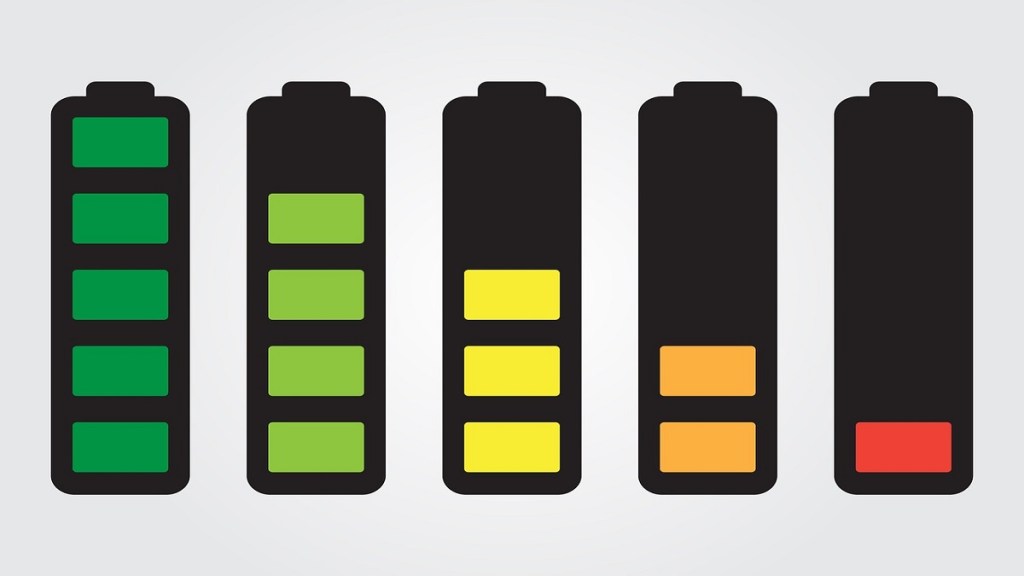Credit and Finance for MSMEs: As India works towards developing its own ecosystem of Advanced Chemistry Cell (ACC) battery manufacturing for energy independence, low-cost financing may become a barrier for smaller domestic players, said a report by NITI Aayog and think tank RMI India on Wednesday. The report Need for Advanced Chemistry Cell Energy Storage in India, which explores the production-linked incentive (PLI) scheme for battery manufacturing and the domestic battery manufacturing sector, said lenders may hesitate to fund smaller enterprises as battery manufacturing in India represents a ‘paradigm shift’ in technology.
“For large investors, financing may not seem to be a big hurdle, but for smaller players, availability of low-cost financing can be an issue. Banks and financial institutions may be reluctant to provide loans for a new technology because of lack of technical expertise, standard evaluation templates, and standardised financial models,” the report noted.
Other risks aggravating the issue of financing battery manufacturing would likely be uncertainty or security-related concerns when it comes to the resale value of the asset or technology in case it gets obsolete and the lack of assured offtake or a guaranteed market once the battery production.
Subscribe to Financial Express SME newsletter now: Your weekly dose of news, views, and updates from the world of micro, small, and medium enterprises
“To compensate for this, banks may charge a higher interest rate for a comparatively newer technology to minimise their risk. Lastly, financial institutions will not be aware of the actual pricing dynamics of batteries (up-front cost in the Indian market) and how to measure the output of production,” the report said.
ACC is essentially an advanced storage technology to store electric energy either as electrochemical or as chemical energy and convert it back to electric energy as and when required. According to NITI Aayog, ACC includes lithium-ion cells and chemistries better than lithium-ion available at a commercial scale such as sodium ion, zinc-air, flow batteries etc. The technology will benefit major battery-consuming sectors such as consumer electronics, electric vehicles, advanced electricity grids, solar rooftops etc. Currently, all ACC demand in the country is met through imports.
The government in 2021 approved the ACC PLI scheme with an outlay of Rs 18,100 crores offering a maximum incentive fixed at 20 per cent of the sale price of the cell or Rs 2,000 (or quoted price if lesser), whichever is lesser per KWh. The scheme had secured bids from 10 companies totalling 128 GWh of capacity, which was 2.6 times more than the goal of 50 GWh.
Apart from financial risks, the report also noted raw material supply risks; policy, regulatory, and taxation risks; and technology and material science risks. “Identifying the kind of battery technology that is ideally suited for the Indian market and establishing the entire supply chain in the country are key investment decisions. Further, the lack of appropriate technology transfer and exchange of information due to technology patents is also a key concern, limiting technical expertise gained at local levels,” the report said.


